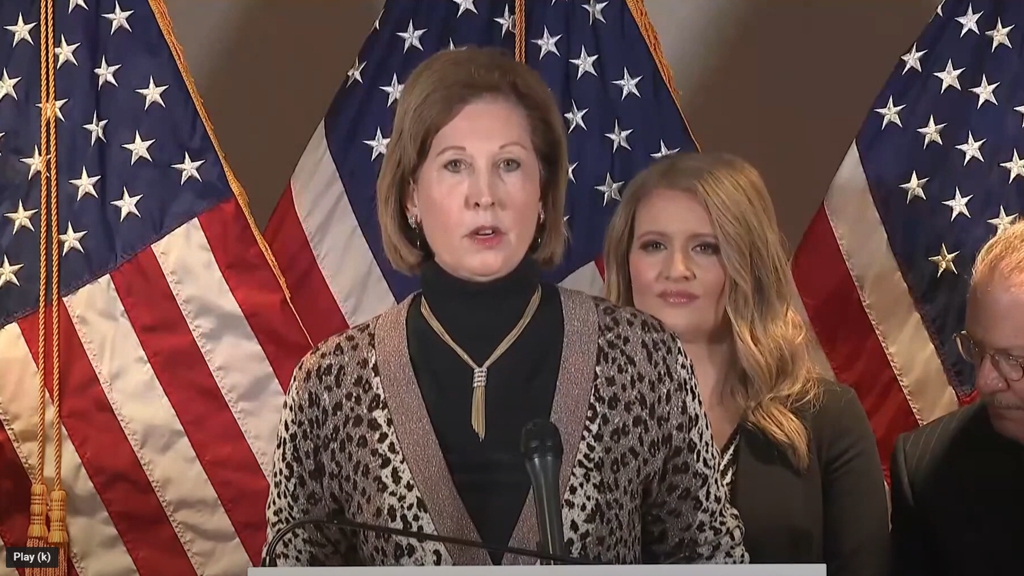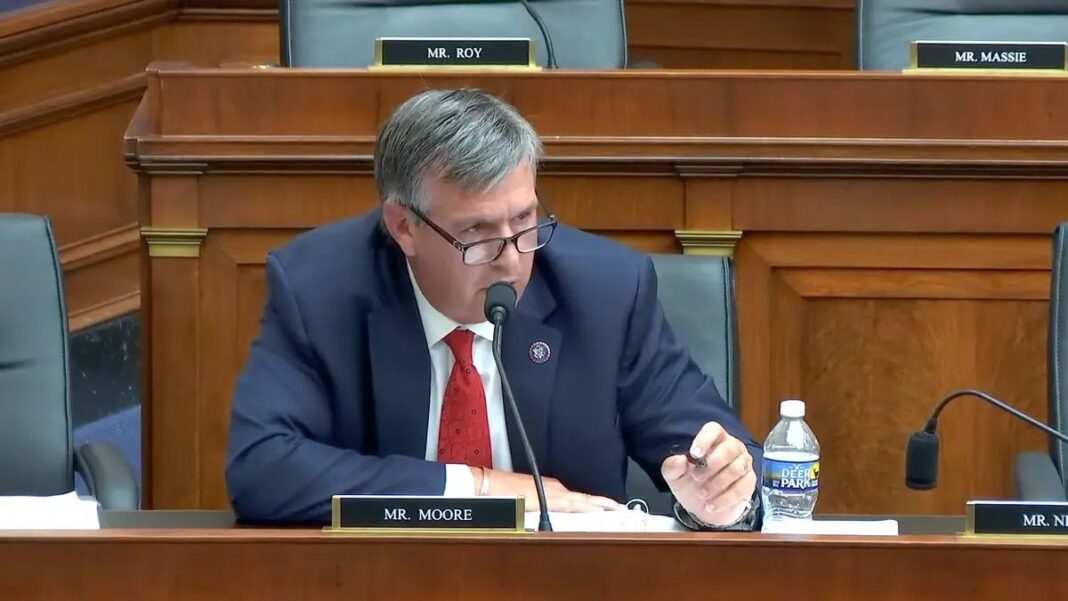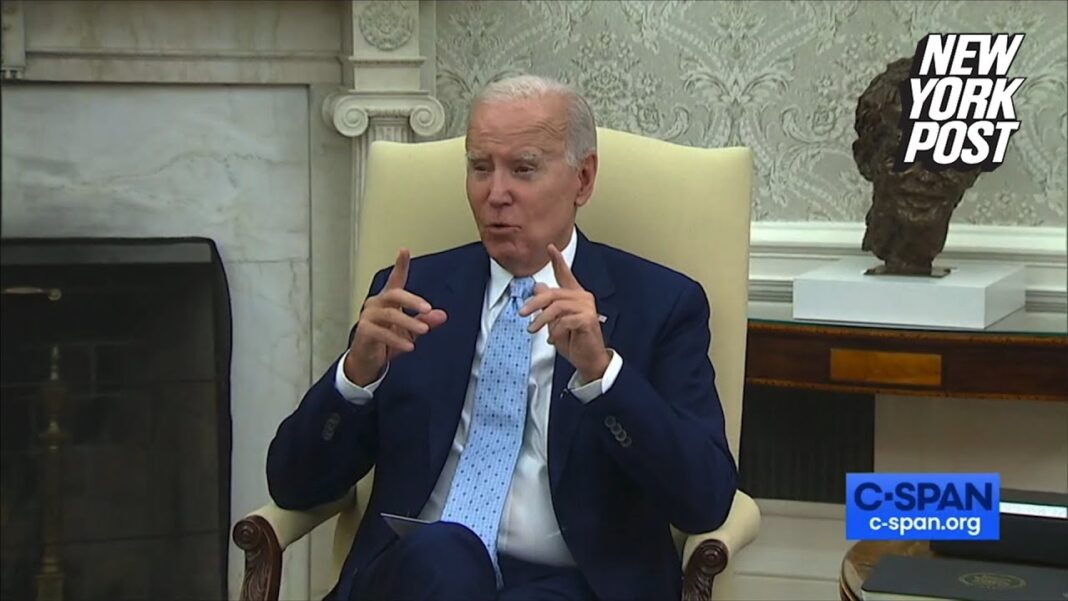The judge said that it’s the ‘jury’s job to decide on contested issues’ raised by Ms. Powell.
A Georgia judge on Thursday rejected lawyer Sidney Powell’s attempt to dismiss her charges in a racketeering case that also ensnared former President Donald Trump and multiple others.
Fulton County Superior Court Judge Scott McAfee denied her motion to dismiss the charges, coming after she alleged that Fulton County District Attorney Fani Willis engaged in prosecutorial misconduct in her case.
“I don’t see that as clearing just a procedural bar of being something that’s under the court’s authority,” the judge said as he denied Ms. Powell’s motion, the Washington Examiner reported. He added that it is the “jury’s job to decide contested issues” regarding her case.
Ms. Powell is scheduled to go on trial later this month along with election lawyer Kenneth Chesebro. Several weeks ago, the two tried to sever their cases from each another, which Judge McAfee also denied, while the other 17 defendants—including President Trump—will go on trial at a later undetermined date.
Both Ms. Powell and Mr. Chesebro have pleaded not guilty.
“I can sympathize with the idea that someone who vigorously contests and believes in their innocence doesn’t want to sit through a long trial, but that is the state’s right to do,” Judge McAfee said in his remarks. “That’s simply the process as it stands.”
Election Claims
In August, Ms. Powell, a former federal prosecutor who drew headlines in 2020 for her “Kraken”-related claims about the 2020 election, was charged with racketeering and conspiracy to commit election fraud, conspiracy to commit computer theft, conspiracy to commit computer trespass, and more after prosecutors alleged that she was involved in an unlawful breach of voting equipment in Coffee County, Georgia.
Her motion to dismiss accused Ms. Willis, the Fulton County district attorney, of misconduct because her “indictment represents troubling and unethical conduct by the prosecutors.”
Ms. Powell’s lawyers also said Ms. Willis and her team of prosecutors likely violated Napue, referring to a 1959 Supreme Court decision about the knowing use of false testimony by a prosecutor, and therefore violated the due process clause of the Constitution’s 14th Amendment.









